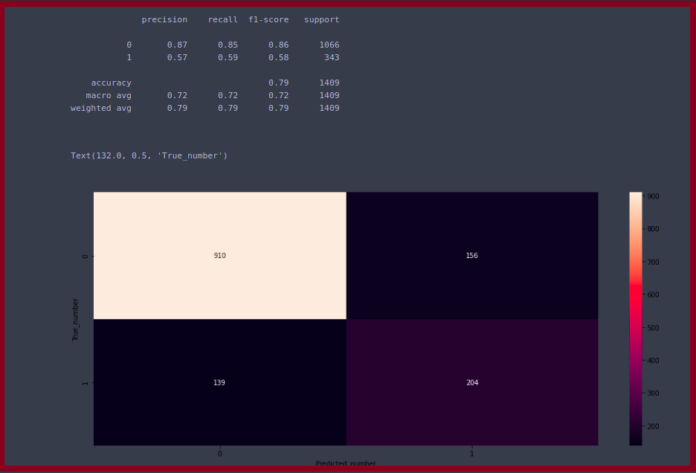Overview of Hyper-V
Hyper-V is a Microsoft Product that is used to accomplish hardware virtualization. Virtualization as you know basically allows you to run several virtual machines (software computer) on the same hardware. These virtual machines behave exactly like a native/normal computer allowing you to install applications on top of an operating system.
Microsoft asserts that Hyper-V runs each virtual machine in its own isolated space, which means you can run more than one virtual machine on the same hardware at the same time.
Even though Hyper-V can be installed on a standard Windows Server 2019 as a role, it should be noted that Hyper-V is also available as a downloadable, standalone server product known as Microsoft Hyper-V Server.
Check out more about Hyper-V on Microsoft.
Step 1: Wake Server Manager
Hit your Windows keyboard key and search for “Server Manager” and fire it up.
Step 2: Add Roles and Features
Once your Server Manager is breathing nicely click on “Add Roles and Features” and click on “Next” on the first Window/Wizard that shows up as illustrated.


Step 3: Role-based or feature-based installation
On the next Window for “Select installation type“, choose Role-based or feature-based installation radio button and gladly hit “Next“.

Step 4: Select Destination Server
Choose the server you would wish to install Hyper-V on this window. Hit “Next” after that.

Step 5: Select Hyper-V server Role
The window that follows after step 4 gives you a list of many roles you can add to your server. Since we are in need of Hyper-V, go ahead and choose “Hyper-V” box. Click “Next” after you are done.

Step 6: Add Features
Clicking on Next on Step 5 will bring up a small pop-up window. On it, simply click on “Add Features” tab and click “Next” when done.


Step 7: Click “Next” on the next two consecutive windows


Step 8: Create Virtual Switches
Virtual Switches make it possible for Virtual Machines to talk to each other. We are going to create one in this step and Link it with a physical network. Choose one or more of the Physical Networks available on your Physical Host Server.

Step 9: Virtual Machine Migration
The configuration of this step depends on whether you have a cluster or not. We are going to leave the defaults in this step since it is a standalone host. Click on “Next“

Step 10: Default Stores
In this step, we are going to specify where Hyper-V stores virtual hard disk files and virtual machine configuration files. You can specify the locations or partitions at your pleasure. Click “Next” after you are done.

Step 11: Confirm your installation selections
Confirm if everything you would wish to be installed appears on the list that appears on this window. If all is okay, click “Install“.


Step 12: Reboot after done installing
Once your installation is complete, click on “Close” and then reboot/restart your server. And we are done!

Conclusion
We now have Hyper-V installed and running. Next, we are going to add a Windows and Linux virtual machines to make sure that everything works perfectly.
Check out below related guides for your enjoyment.
Install and Configure Windows Admin Center on Windows Server 2019/Windows 10
Install and Configure OpenSSH Server on Windows Server 2019
How To add FTP Site on Windows Server 2019
Install and Configure NFS Server on Windows Server 2019
Install and Configure DHCP Server on Windows Server 2019

